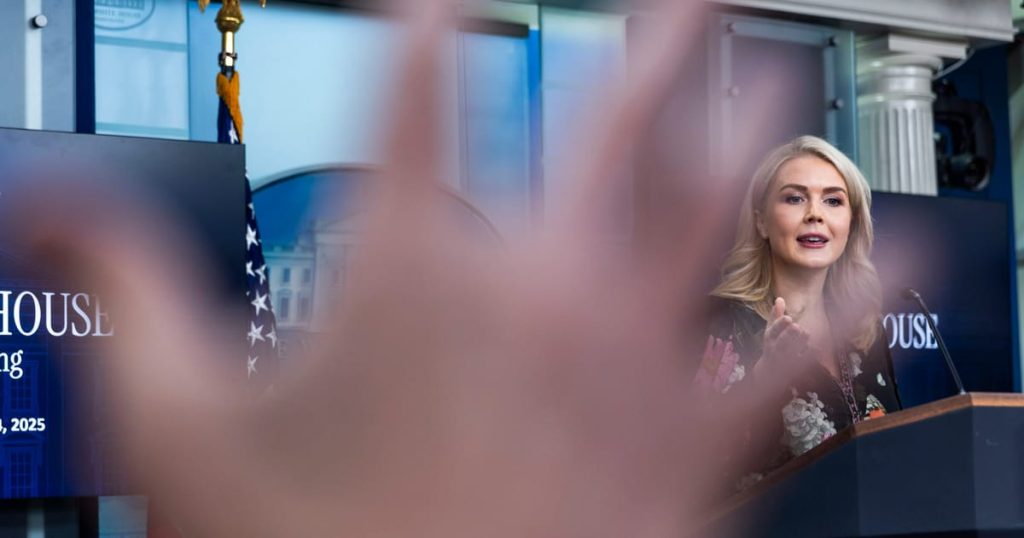Listen to the article
In a sharp rebuke, a spokesperson for former President Donald Trump has accused the BBC of deliberate misrepresentation, calling the British broadcaster a “Leftist propaganda machine” following its editing of Trump’s speech from January 6, 2021 – the day of the Capitol riot.
The controversy stems from a BBC broadcast that allegedly presented a selective version of Trump’s remarks during the rally that preceded the storming of the U.S. Capitol. According to the Trump camp, the edited version omitted key portions of the speech that would have provided necessary context to viewers.
“This is yet another example of media manipulation designed to mislead the public and damage President Trump’s reputation,” the spokesperson stated in a strongly-worded release. “The BBC has deliberately chosen to present a distorted version of events rather than reporting the full context of the president’s remarks.”
The BBC has long been considered one of the world’s most respected news organizations, with a global audience reaching hundreds of millions. Founded in 1922, the British public broadcaster operates under a royal charter and has traditionally maintained a reputation for impartial reporting, though critics from both ends of the political spectrum have occasionally challenged this characterization.
Media experts note that this incident highlights the increasingly contentious relationship between Trump and international news outlets. Dr. Eleanor Chambers, professor of political communication at Georgetown University, explains that “trust in media institutions has become deeply polarized, with supporters of different political factions increasingly viewing news coverage through partisan lenses.”
The January 6, 2021 speech has been a focal point of ongoing debates about Trump’s role in the events that followed. During that address, Trump told supporters to “fight like hell” but also included the line “I know that everyone here will soon be marching over to the Capitol building to peacefully and patriotically make your voices heard,” which his supporters argue was deliberately omitted from many media reports.
Hours after the speech, thousands of protesters breached the U.S. Capitol building in an unprecedented assault that resulted in multiple deaths and widespread property damage. The incident led to Trump’s second impeachment by the House of Representatives, though he was ultimately acquitted by the Senate.
The Trump spokesperson’s characterization of the BBC as a “Leftist propaganda machine” reflects the former president’s long-standing criticism of mainstream media outlets. Throughout his presidency and subsequent political activity, Trump has frequently accused news organizations of bias and unfair coverage.
Media analysts suggest this latest dispute underscores the challenges of reporting on politically sensitive events in an era of heightened polarization. Jonathan Mercer, a media ethics researcher, points out that “editorial decisions about what to include or exclude from a report inevitably shape audience perceptions, making transparency and context critical journalistic responsibilities.”
The BBC has not yet publicly responded to the accusations from the Trump camp. Historically, the broadcaster has defended its editorial standards and independence from political pressure.
This incident comes amid growing scrutiny of media coverage as the U.S. approaches another presidential election cycle. With Trump maintaining a significant presence in American politics and considering another presidential run, his relationship with both domestic and international media continues to be a contentious issue.
Media literacy experts emphasize the importance of consumers seeking multiple sources of information, particularly for politically charged topics. “In today’s fragmented media landscape, it’s more important than ever for citizens to compare coverage across outlets and seek primary sources when possible,” notes Dr. Sarah Reynolds, director of the Center for Media Studies at Columbia University.
The dispute highlights the enduring tensions between political figures and the press, a relationship that remains fundamental to democratic discourse despite increasing strain in recent years.
Fact Checker
Verify the accuracy of this article using The Disinformation Commission analysis and real-time sources.




10 Comments
This seems like a classic case of ‘he said, she said’ between the White House and the BBC. I’m curious to see if any objective third-party analysis emerges to shed light on the truth of the matter.
That’s a good point. Independent scrutiny of the evidence from both sides could help provide a clearer picture of what actually occurred.
As a fan of independent journalism, I hope the BBC can demonstrate that their coverage was fair and accurate. Selective editing would be troubling, but we should reserve judgment until the facts are clear.
Well said. Media credibility is paramount, so I agree it’s important to get to the bottom of this before making any firm conclusions.
The White House’s accusations of ‘fake news’ against the BBC are concerning, but I’d want to review the original footage before drawing any conclusions. Balanced reporting is crucial, especially on sensitive political matters.
I share your perspective. It’s crucial that the media strive for impartiality and present the full context, regardless of political affiliations.
This seems like a complex issue with valid points on both sides. I’m curious to see how the public and media react as more details emerge around the BBC’s reporting and Trump’s original remarks.
You’re right, it’s best to withhold judgment until we have a clearer understanding of what was said and how it was portrayed. Objective analysis is needed here.
Interesting claims about the BBC’s coverage of the Capitol riot. I’d have to look at the full context of Trump’s remarks to form my own assessment. Selective editing can certainly distort the facts.
I agree, it’s important to get the full picture and not jump to conclusions based on partial information.